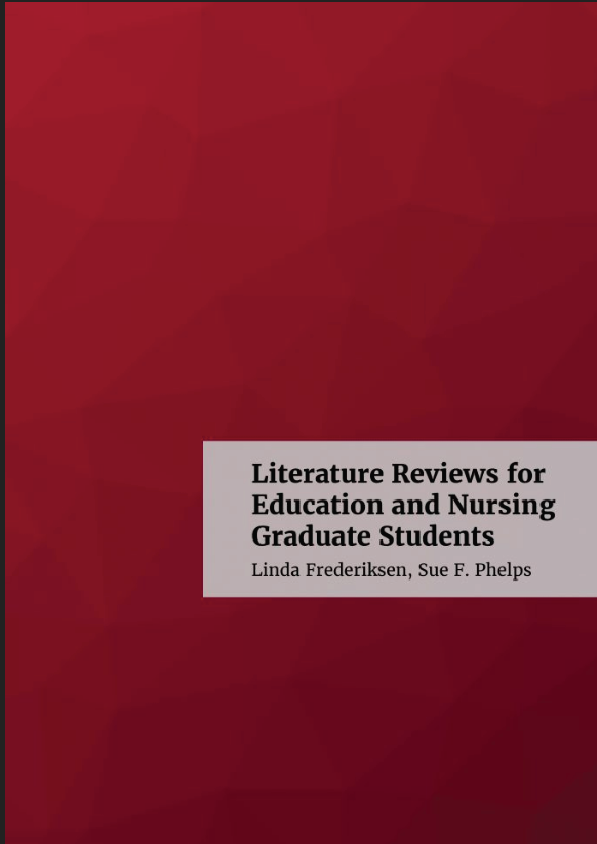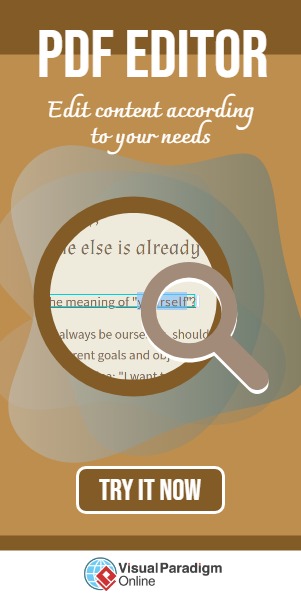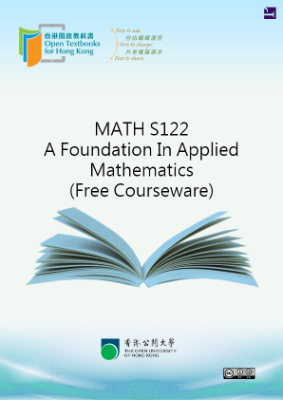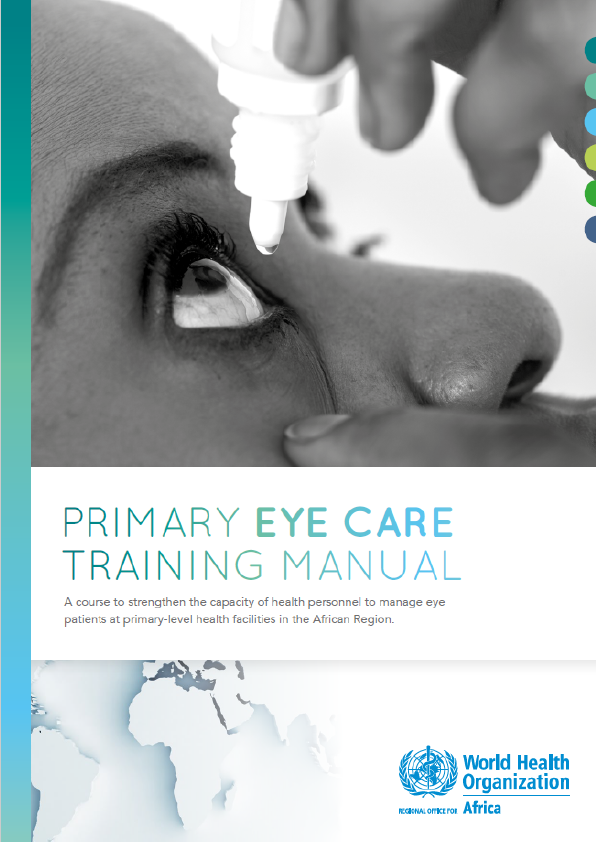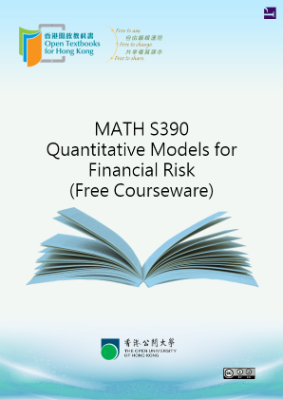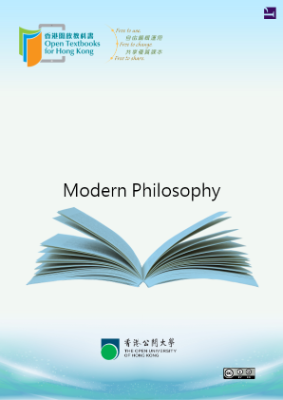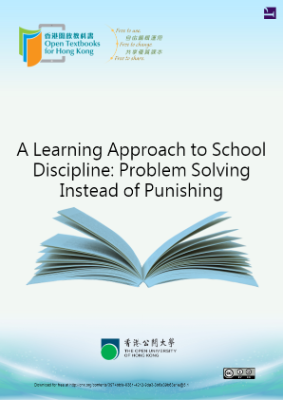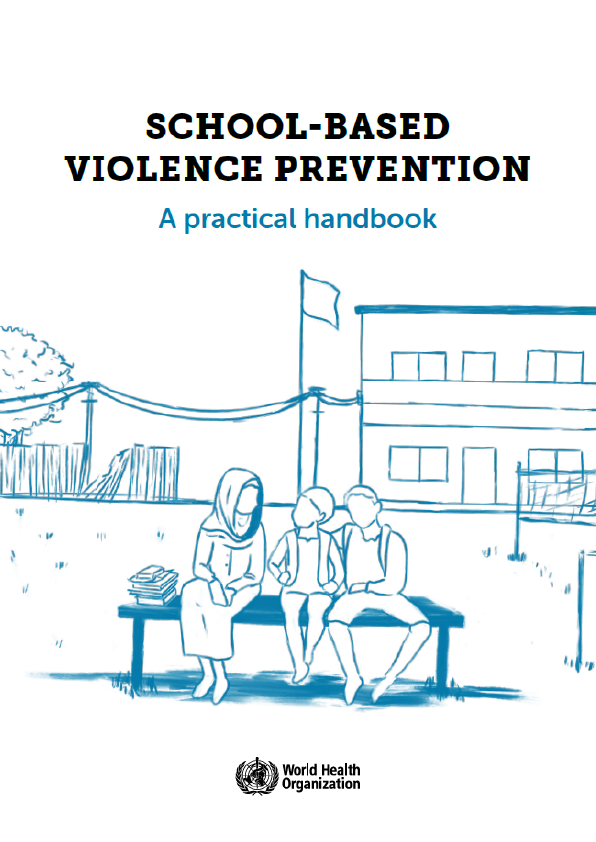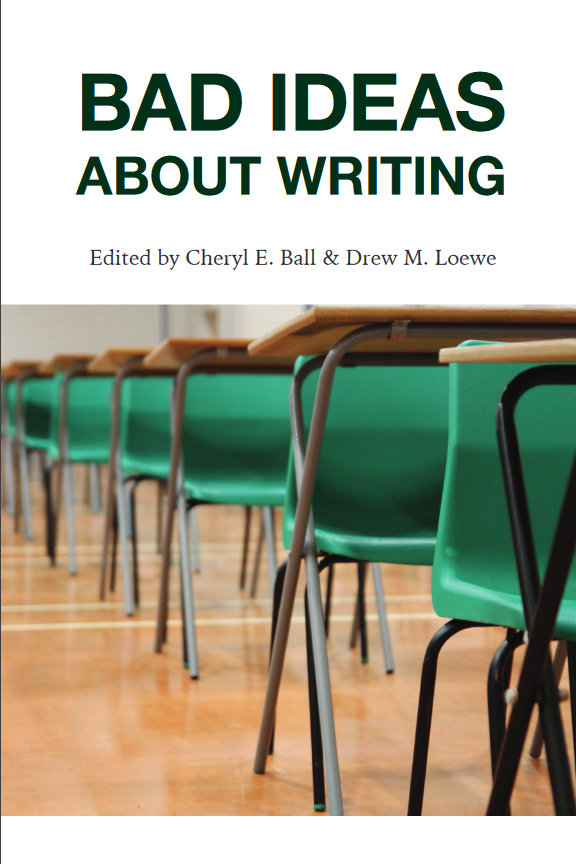Graduate-level literature reviews are more than a summary of the publications you find on a topic. As you have seen in this brief introduction, literature reviews are a very specific type of research, analysis, and writing. We will explore these topics more in the next chapters. Some things to keep in mind as you begin your own research and writing are ways to avoid the most common errors seen in the first attempt at a literature review. For a quick review of some of the pitfalls and challenges a new researcher faces when he/she begins work, see “Get Ready: Academic Writing, General Pitfalls and (oh yes) Getting Started!”.
- As you begin your own graduate-level literature review, try to avoid these common mistakes:
- Accepts another researcher’s finding as valid without evaluating methodology and data
- Contrary findings and alternative interpretations are not considered or mentioned
- Findings are not clearly related to one’s own study, or findings are too general
- Insufficient time allowed to define best search strategies and writing
- Isolated statistical results are simply reported rather than synthesizing the results
- Problems with selecting and using most relevant keywords, subject headings and descriptors
- Relies too heavily on secondary sources
- Search methods are not recorded or reported for transparency
- Summarizes rather than synthesizes articles
- In conclusion, the purpose of a literature review is three-fold:
- to survey the current state of knowledge or evidence in the area of inquiry,
- to identify key authors, articles, theories, and findings in that area, and
- to identify gaps in knowledge in that research area.
A literature review is commonly done today using computerized keyword searches in online databases, often working with a trained librarian or information expert. Keywords can be combined using the Boolean operators, “and”, “or” and sometimes “not” to narrow down or expand the search results. Once a list of articles is generated from the keyword and subject heading search, the researcher must then manually browse through each title and abstract, to determine the suitability of that article before a full-text article is obtained for the research question.
Literature reviews should be reasonably complete, and not restricted to a few journals, a few years, or a specific methodology or research design. Reviewed articles may be summarized in the form of tables, and can be further structured using organizing frameworks such as a concept matrix.
A well-conducted literature review should indicate whether the initial research questions have already been addressed in the literature, whether there are newer or more interesting research questions available, and whether the original research questions should be modified or changed in light of findings of the literature review.
The review can also provide some intuitions or potential answers to the questions of interest and/or help identify theories that have previously been used to address similar questions and may provide evidence to inform policy or decision-making.
